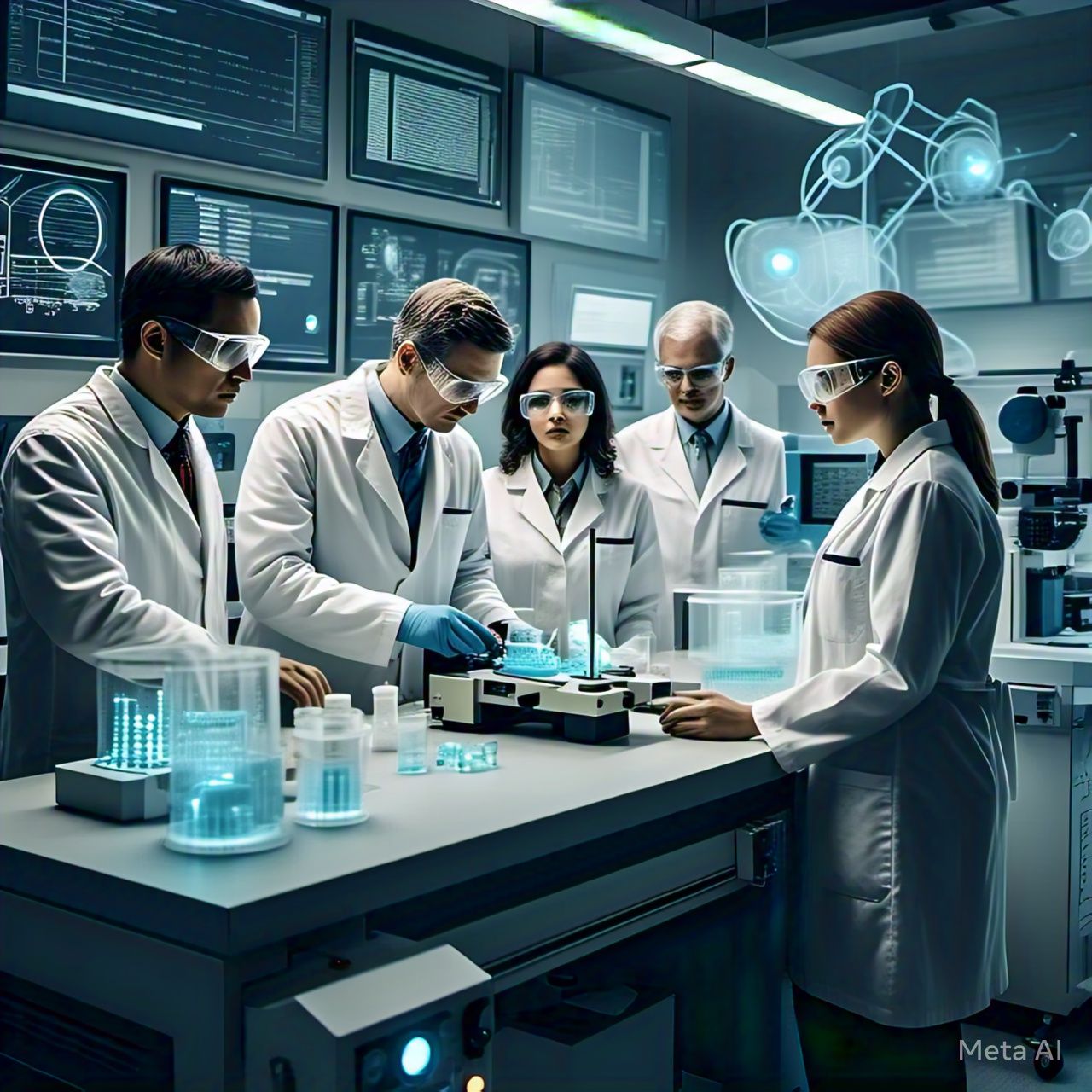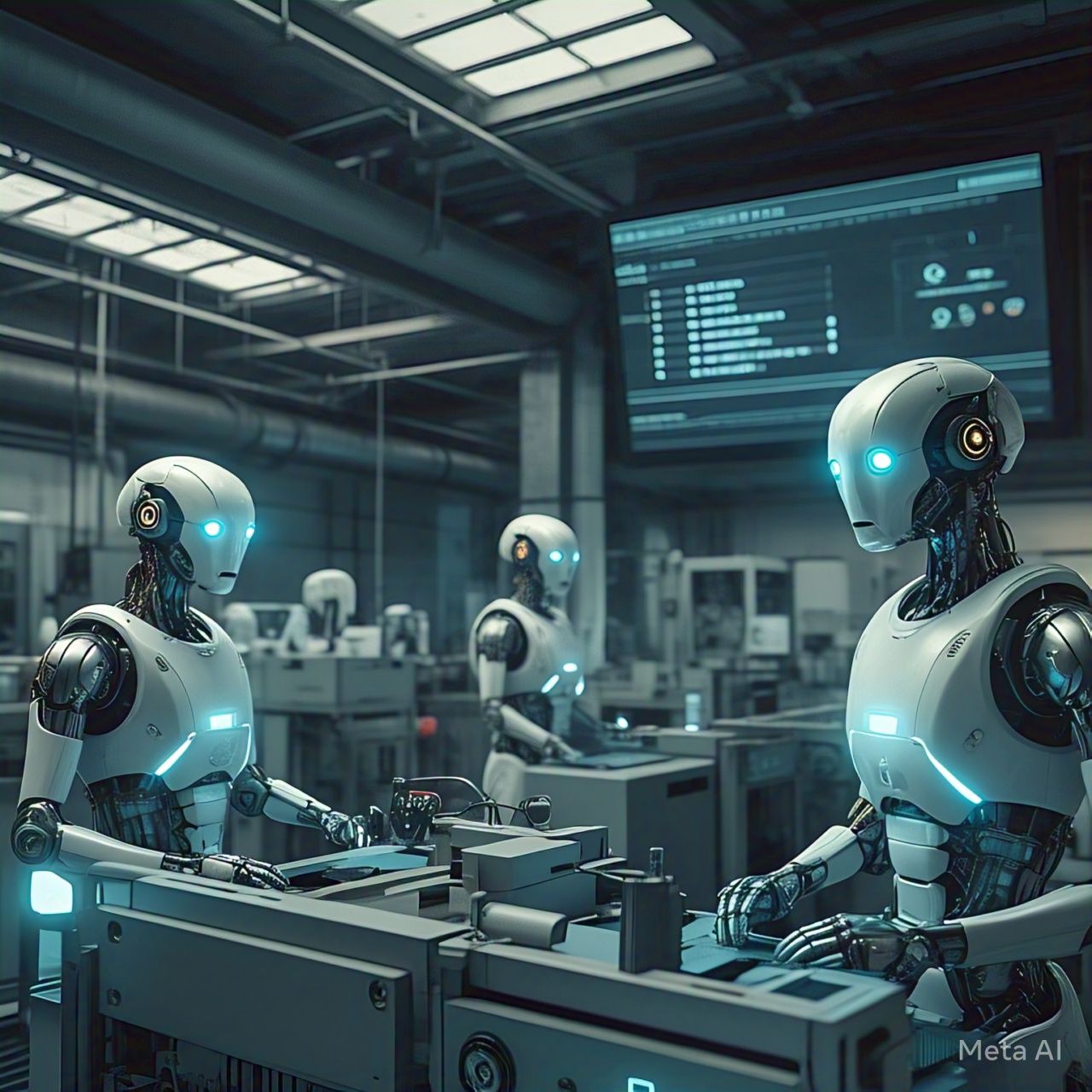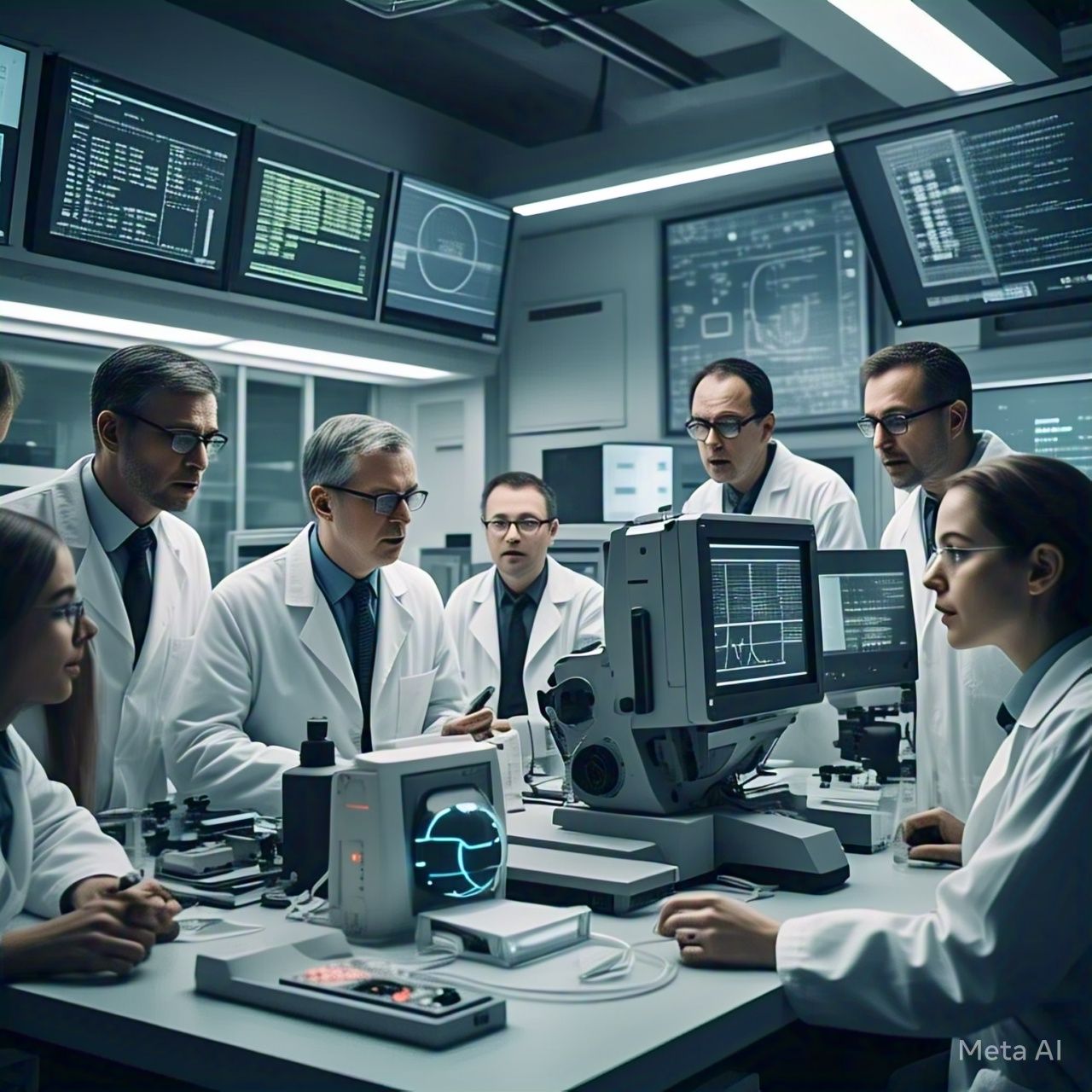Table of Contents
- Introduction
- Understanding AI in Drug Discovery
- The Role of AI in Drug Development
- Key AI Technologies in Pharmaceutical Research
- Benefits of AI in Drug Discovery
- Challenges and Ethical Considerations
- AI Applications in Drug Discovery: Real-World Examples
- The Future of AI in Drug Development
- Conclusion
- FAQs
- References
Introduction
The process of drug discovery and development has traditionally been time-consuming and expensive, often taking over a decade and billions of dollars to bring a new drug to market. Artificial Intelligence (AI) is transforming this landscape by significantly speeding up research, reducing costs, and enhancing the accuracy of drug discovery. By analyzing massive datasets, predicting molecular interactions, and identifying potential drug candidates, AI is revolutionizing pharmaceutical innovation.
This article explores how AI is reshaping drug discovery, its benefits, challenges, and future potential in the pharmaceutical industry.
Understanding AI in Drug Discovery
What is AI in Drug Discovery?
AI in drug discovery refers to the use of machine learning, deep learning, predictive analytics, and big data to streamline the identification and development of new drugs.
How AI is Transforming Drug Discovery
- Target Identification: AI helps researchers identify biological targets (proteins or genes) associated with diseases.
- Molecular Screening: AI rapidly screens and predicts interactions between molecules and biological targets.
- Drug Repurposing: AI finds new therapeutic uses for existing drugs.
- Optimized Drug Formulation: AI refines drug formulations for enhanced safety and efficacy.
The Role of AI in Drug Development
| Stage | Traditional Approach | AI-Driven Approach |
|---|---|---|
| Target Identification | Years of laboratory research | AI analyzes vast datasets to identify potential drug targets faster |
| Lead Compound Discovery | Time-consuming, trial-and-error process | AI quickly screens millions of compounds for potential effectiveness |
| Preclinical Testing | Long and costly experiments on animals | AI predicts drug behavior in simulations before physical testing |
| Clinical Trials | Expensive and lengthy trials | AI optimizes patient selection and predicts adverse reactions |
The Role of AI in Drug Development
1. Speeding Up the Research Process
AI can process and analyze vast datasets in a fraction of the time required by human researchers, reducing the timeline of drug development from years to months.
2. Predicting Drug-Target Interactions
AI algorithms analyze large-scale biological datasets to identify potential drug candidates and their mechanisms of action.
3. Reducing Costs and Increasing Efficiency
By automating various stages of research, AI reduces the time and money spent on failed experiments and unnecessary clinical trials.
4. Improving Success Rates
AI helps minimize failure rates by predicting potential side effects and optimizing chemical compounds for better effectiveness.
Key Technologies Driving AI in Drug Discovery
| Technology | Application in Drug Discovery |
| Machine Learning (ML) | Analyzes large datasets to identify drug candidates |
| Deep Learning (DL) | Recognizes patterns in molecular structures for better predictions |
| Natural Language Processing (NLP) | Processes scientific literature to extract relevant drug research data |
| Quantum Computing & AI | Simulates molecular interactions at an unprecedented speed |
| High-Throughput Screening | Quickly tests thousands of compounds for potential drugs |
| Computational Chemistry | Simulates how drugs interact with biological targets |
| Generative AI | Designs new drug molecules with optimized properties |
The Benefits of AI in Drug Discovery
1. Faster Drug Development
AI dramatically reduces the time it takes to discover and develop new drugs by analyzing vast amounts of data in minutes, instead of years.
2. Lower Development Costs
AI significantly cuts costs by reducing the need for lengthy and expensive human-led experiments.
3. Enhanced Accuracy and Reduced Failures
AI minimizes trial-and-error approaches, leading to higher success rates in clinical trials and more efficient drug formulations.
4. Personalized Medicine
By analyzing genetic data, AI can help develop drugs tailored to an individual’s genetic makeup.
5. Faster Clinical Trials
AI can optimize patient recruitment, analyze vast datasets, and predict treatment responses, expediting clinical trials.
Key AI Technologies in Pharmaceutical Research
- Natural Language Processing (NLP): AI scans research papers, clinical trial reports, and genetic studies to identify promising drug candidates.
- Computational Chemistry: AI simulates molecular interactions and optimizes drug formulations.
- Predictive Analytics: AI anticipates drug efficacy and potential side effects based on patient data.
- Robotic Automation: AI-powered robots accelerate lab research and automate high-throughput drug screening.
- Deep Learning & Neural Networks: Identify patterns in complex biological data for better target identification.
- Quantum Computing & AI: Increases the speed and accuracy of molecular simulations.
AI Applications in Drug Discovery: Real-World Examples
1. IBM Watson in Cancer Drug Discovery
IBM’s Watson AI analyzes massive datasets to identify promising drug candidates for cancer treatment.
2. BenevolentAI: AI-Powered Drug Repurposing
BenevolentAI identified existing drugs that can be repurposed for rare and hard-to-treat diseases like Parkinson’s and ALS.
3. Atomwise & AI in Medicinal Chemistry
Atomwise uses AI to predict how molecules interact with proteins, reducing the time required to identify drug candidates.
4. DeepMind’s AlphaFold & Protein Folding
DeepMind’s AI-powered AlphaFold can predict protein structures, accelerating drug design.
The Future of AI in Drug Development
1. AI in Vaccine Development
AI can quickly analyze viral structures and design vaccines, speeding up the process, as seen during the COVID-19 pandemic.
2. AI-Driven Drug Testing and Clinical Trials
- AI optimizes patient selection for clinical trials, ensuring better outcomes.
- Virtual clinical trials reduce costs and increase accessibility.
3. AI-Generated Drug Formulations
AI is being used to develop new molecules with optimal pharmacokinetics and minimal side effects.
4. AI and Precision Medicine
AI will further refine treatments by tailoring drugs based on genetic data and patient-specific factors.
Conclusion
AI is at the forefront of a new era in drug discovery and development, enabling faster and more efficient identification of life-saving treatments. While challenges remain, advancements in AI-powered drug research will continue to improve patient outcomes and revolutionize the pharmaceutical industry. As technology evolves, we can expect faster, cheaper, and more personalized drug discoveries, transforming the future of medicine.
FAQs
1. Can AI fully replace human scientists in drug discovery?
No, AI enhances human researchers’ efficiency but cannot entirely replace their expertise and decision-making abilities.
2. What role does AI play in reducing drug development costs?
AI reduces unnecessary experiments, predicts drug efficacy, and helps repurpose existing drugs, leading to significant cost savings.
3. How does AI improve the speed of drug discovery?
AI rapidly analyzes massive datasets, predicts drug-target interactions, and accelerates clinical trials.
4. What are some companies using AI for drug discovery?
BenevolentAI, DeepMind, Atomwise, and Insilico Medicine are leading AI-driven drug discovery companies.
5. What are the ethical concerns in AI-driven drug discovery?
Ethical concerns include data privacy, biased AI models, and equitable access to AI-driven treatments.





